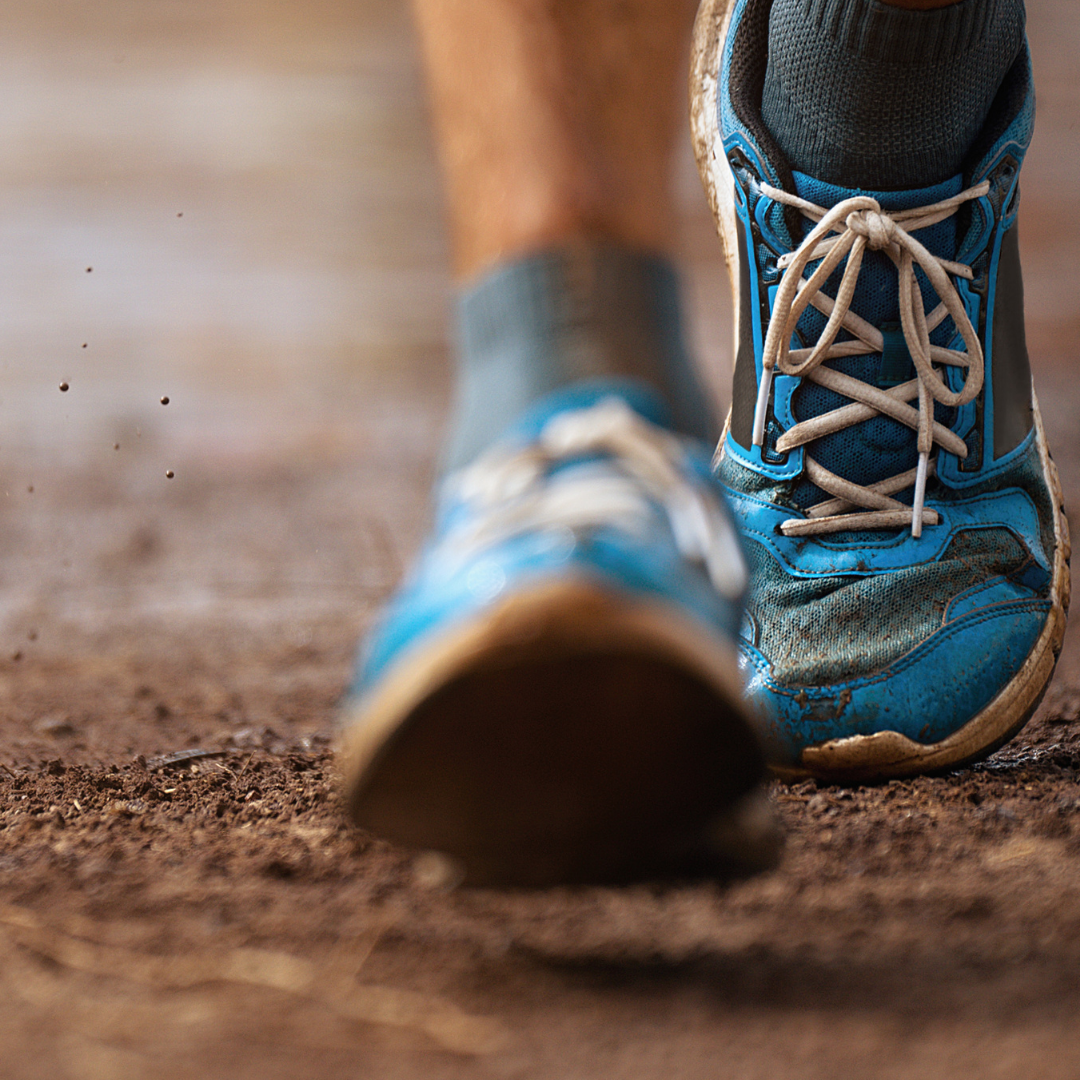"I know why I've got sore knees, I'm running on footpaths. Grass is better isn't it?"
As always… I answer a question with another question much to the frustration of the person in front of me asking the question.
But the follow up question is important… “Better for what?”
It is a commonly held belief that running on grass, trail or even sand is a ‘safer alternative’ to "pounding the pavement" or road running, but it isn’t that cut and dry.
A quick physics lesson of Newton’s third law...
“For every action, there is an equal and opposite reaction.”
When you strike the ground when running, the ground that your strike will send a ‘ground reaction force’ back up through your leg all the way through your body. When you run on a hard surface, less force is lost or dissipates through the ground, so more force is returned through your muscles, bones, and tendons. This is where the desire to avoid hard surfaces comes from. An often misunderstood, and overly simplistic belief is that this 'jarring force' is inherently ‘bad'... Not necessarily.
With a stiffer more responsive surface, your body can use more ‘free energy’ to propel forward.
Have you ran on a track or road, and noticed your run faster or run with more ‘spring’ and less effort? This is why.
This ground reaction force allows for more spring that does not have to be produced by your own muscles and tendons.
So if you’re running on soft surfaces to reduce load to your muscles or tendons, you’re actually best running on a firmer surface. It been shown to reduce the chance of tendon injuries and muscle soreness.
It is important to keep in mind, jarring force rattles the skeleton and can contribute to bone fatigue or overload if not dosed correctly. Conversly, High impact exercise is fantastic to stimulate bony growth and strength. Just like anything… too much, too often, too soon can cause problems (See Wolff's Law)
So... if you’re new to high impact exercise, if you’ve had previous bony fatigue/stress fracture issues in the past, or you’re noticing joint and bone pain, then soft surfaces could be for you!!! If you've got less muscle strength and conditioning and have a young health skeleton, then maybe opt for firmer surfaces
Still confused?? … that’s cool it’s a complex concept. Come and see us, we can advise you on what surfaces, which footwear and what training would suit your fitness level, previous injury history and exercise history.


